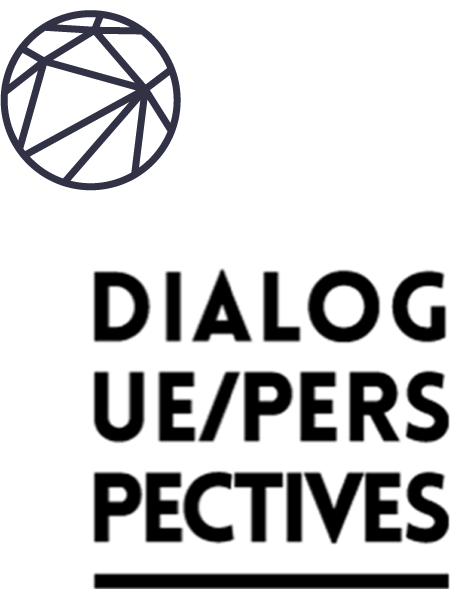The Hajj, Modern Media and Pandemics in the 1920s
2020 has been an extraordinary year in many ways – also for Muslim pilgrims as this year’s hajj was cancelled for most of them. As we all know, pandemic outbreaks are nothing new in history. How then did hajj organizers deal with these risks in the past?
Rukayyah Reichling, one of our Dialogueperspectives participants, took a closer look at this extremely interesting topic. Her multi-disciplinary background in Modern Languages and Communication Studies (BA degree from the Université Libre de Bruxelles), Social Anthropology and Islamic Studies (both MA degrees from the KU Leuven) plus a teacher’s training in the field of History motivated her to embark on a research project about the hajj from a historical vantage point.
Since 2019, Rukayyah has been affiliated to the University of Amsterdam where she is working as an Early Stage Researcher in the academic European project entitled “Mediating Islam in the Digital Age”. The project is based on the premise that different forms of media, old and new, have had a tremendous impact on Islam. Within this broader research framework, Rukayyah investigates how the new media of the nineteenth century – photography and film in particular – were used by colonial powers to capture the global Islamic city of Mecca, the centre of the annual Muslim pilgrimage.
Following the ramifications of this year’s hajj, Rukayyah decided to historically contextualize the first documentary that has ever been produced about the Muslim pilgrimage. Based on this valuable historical film material from the 1920s, Rukayyah sheds light on health measures implemented by the colonial powers who were in charge of channelling the hajj almost one hundred years ago.
In her own micro-documentary, Rukayyah presents her findings and gives a glimpse of the very global reality of the hajj (and pandemics!) almost one century ago. Her film puts our current health crisis and its immense toll on religious communities – in this case the Muslim community – into a broader historical, political and sanitary perspective.
Enjoy the video and, as always, feel free to comment below or get in touch with us via email.
